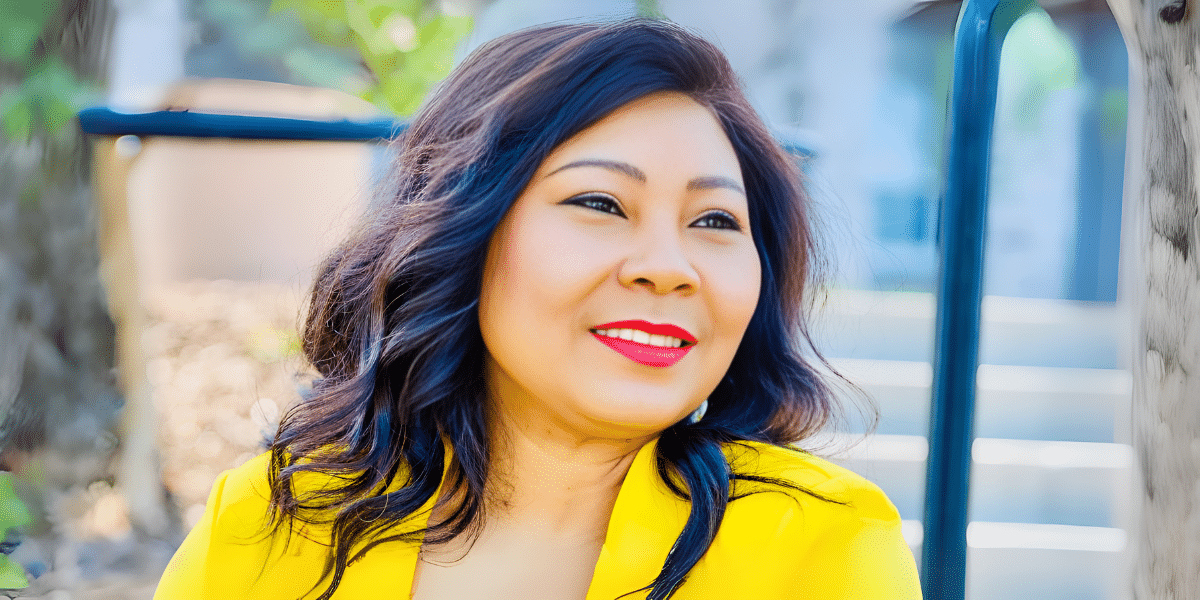


By: Joshua Finley
Our world is oversaturated with distractions and a million things pulling our attention. Finding the time and space to heal our past wounds can often feel like an impossible task. However, Krystal Boothe, a seasoned wellness coach and author with over two decades of experience, believes that healing is not only possible but essential for living a fulfilled and authentic life.
Krystal’s passion for healing trauma stems from her own life experiences. “I saw it growing up—a lot of emotional trauma and abuse in the home,” she shares. “I disconnected from my body and became very co-dependent, taking responsibility for everyone else but not helping myself.” However, she was able to use this early exposure to trauma to fuel her desire to help others heal. Here, she shares her top three tips for healing yourself.
Krystal emphasizes the importance of emotional awareness as the first step toward healing. In her experience, many people are disconnected from their feelings and have lost touch with their inner selves. “People know what they want in their careers and what they expect from others, but they often ignore the old trapped feelings lingering in their bodies,” she explains.
This disconnection can lead to unresolved emotions festering beneath the surface, which can manifest as unhealthy behavior, stress, anxiety, or even physical ailments. Krystal advises taking time each day to check in with your emotions. Simple practices like Empathy Exercises from her book Deep Inner Soul Healing can help you reconnect with your feelings and begin to address them.
The second step Krystal recommends is to be honest and vulnerable with yourself. “Vulnerability allows you to walk in authenticity in your life and your goals,” she says. This involves acknowledging your true feelings, even if they are uncomfortable or painful, admitting when you’re not okay, and permitting yourself to feel without judgment.
Krystal believes that vulnerability is a strength, not a weakness. By being honest about your emotions, you can start to understand the root causes of your pain and begin the process of healing. This honesty can also improve your relationships, strengthening your connections and trust with others.
The final step in Krystal’s healing process is to provide emotional care, both for yourself and for others. This includes practicing empathy exercises on a daily basis that can help you develop a deeper understanding and compassion for your own experiences and those of others.
“Empathy is crucial,” Krystal notes. “When you can empathize with your own pain, you’re better equipped to handle it and move forward.” She suggests activities such as guided healing exercises, talking to a trusted friend or therapist, and engaging in self-compassion exercises daily.
Krystal’s recommended empathy exercises are simple yet effective. One exercise is to visualize yourself as a child, offering the younger you the love and support you needed at that age. Another is to practice active listening with someone close to you, which can help you develop greater empathy and connection.
Krystal’s dedication to emotional healing is evident in her ongoing work and future plans, which include developing a trauma program specifically for marginalized populations. Her journey from personal trauma to professional healer is a testament to her belief that “it’s not what happens to you, but who you decide to become.”
To learn more about Krystal Boothe and get copies of her books, visit her website at TraumaBookstore.com.